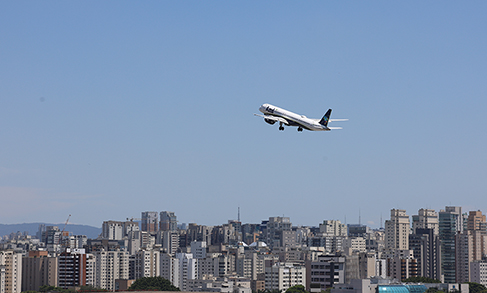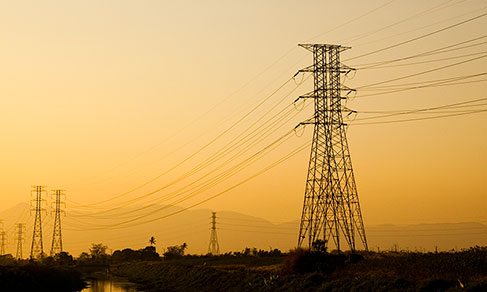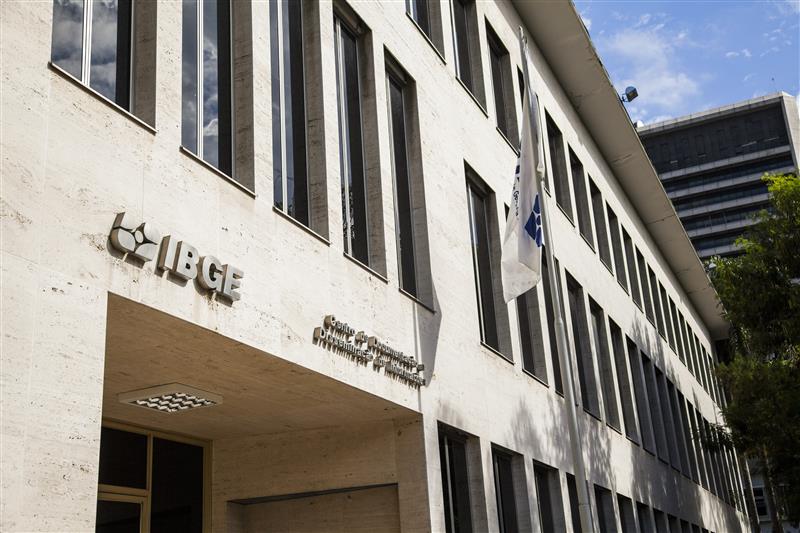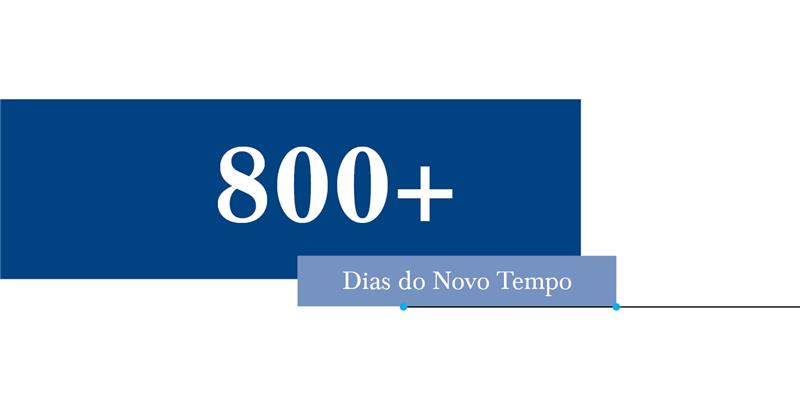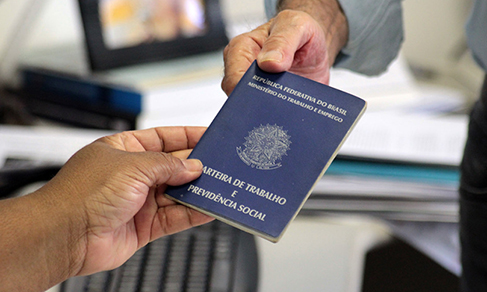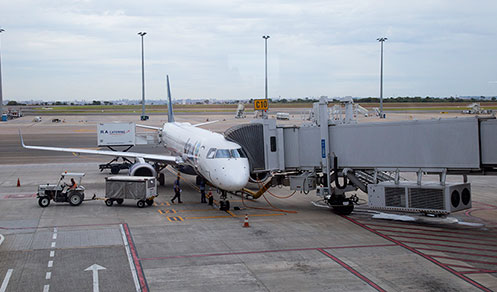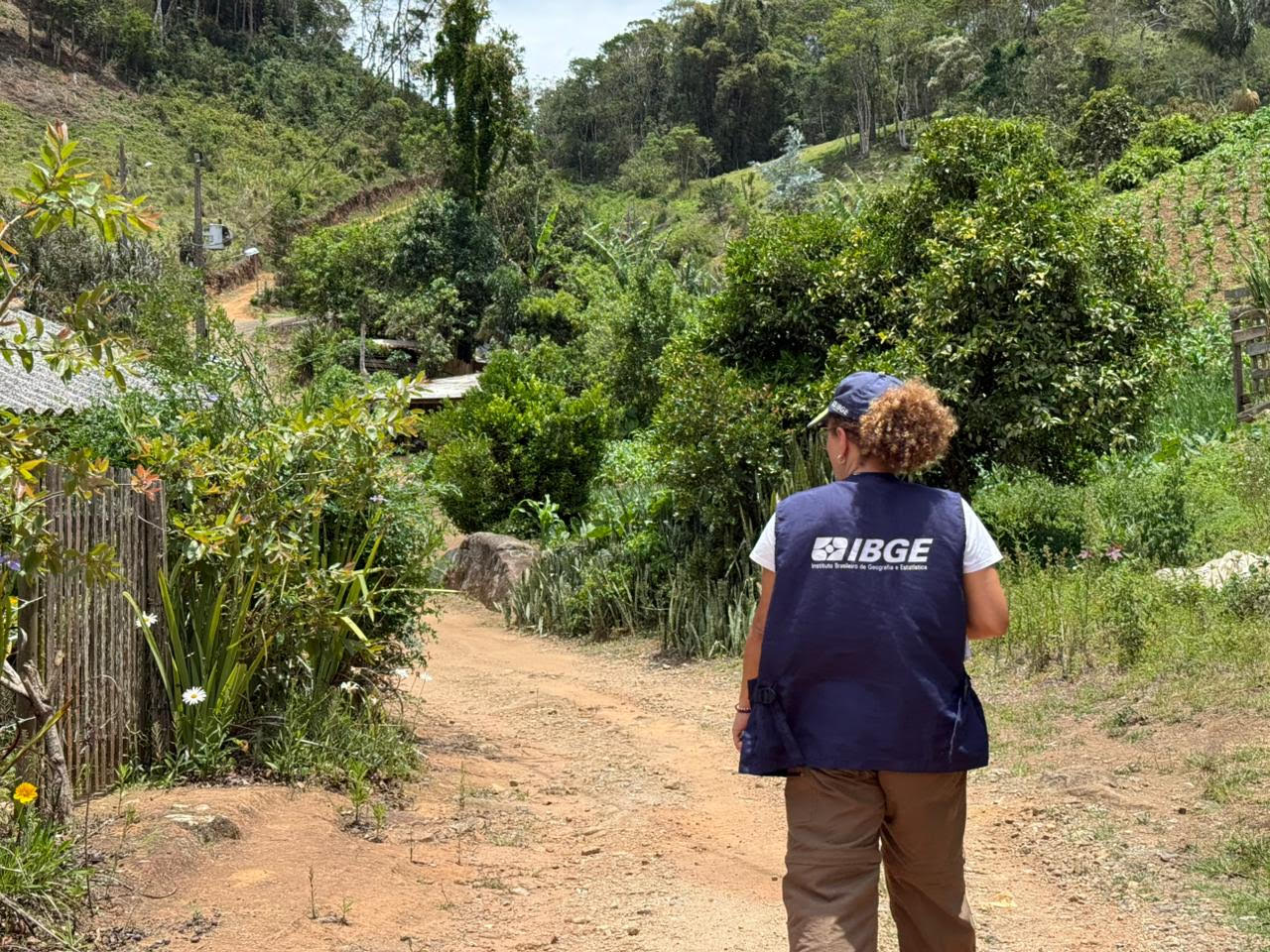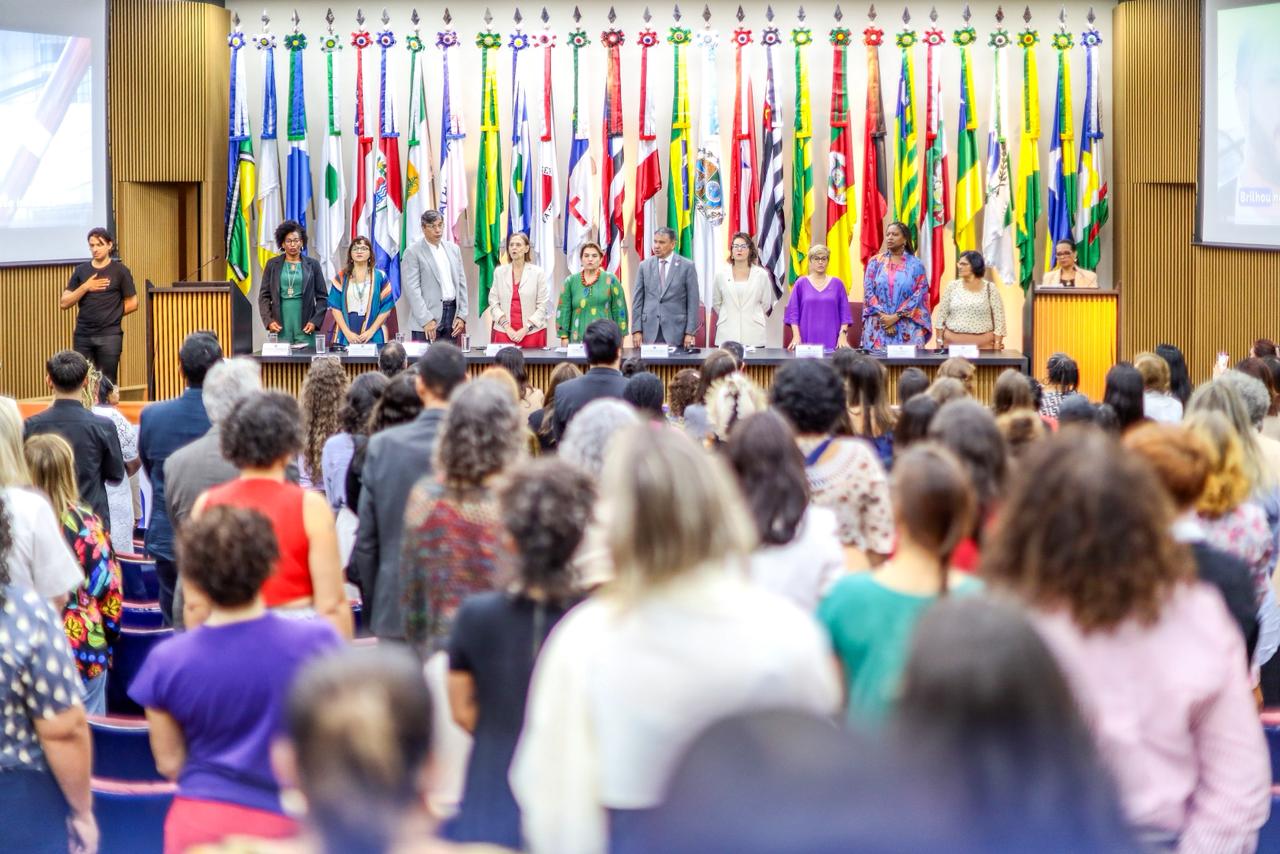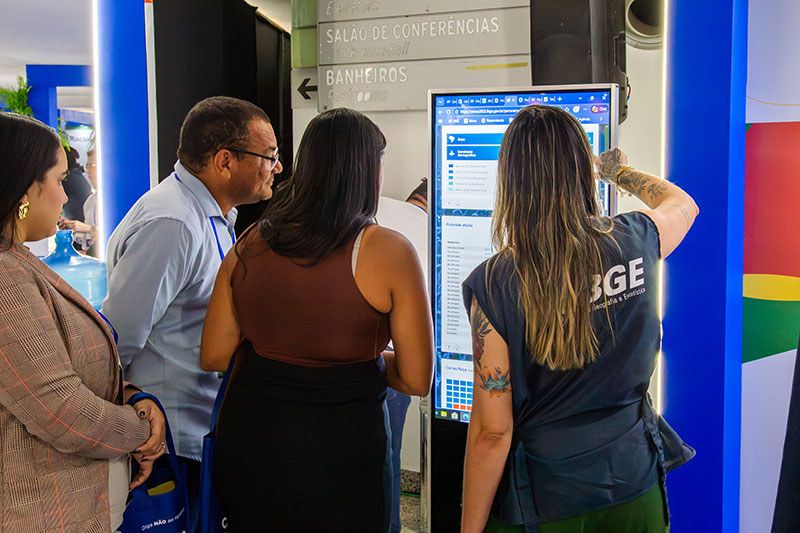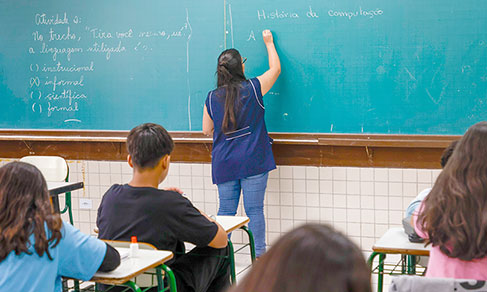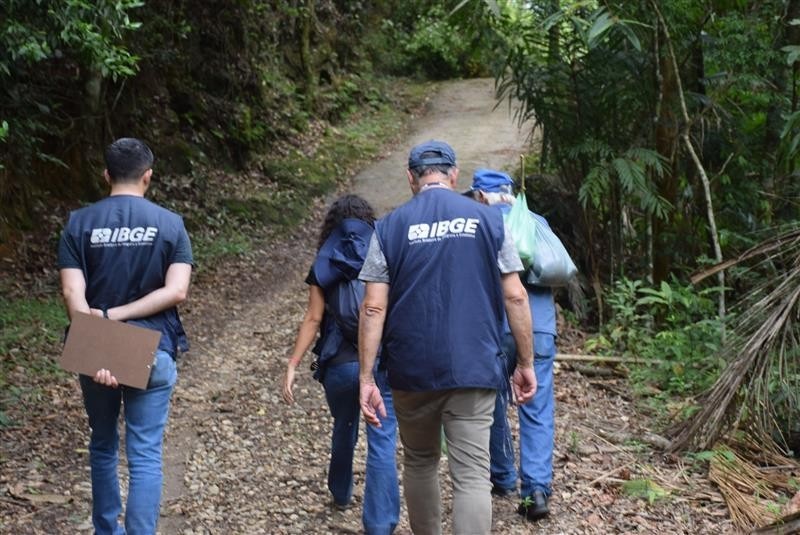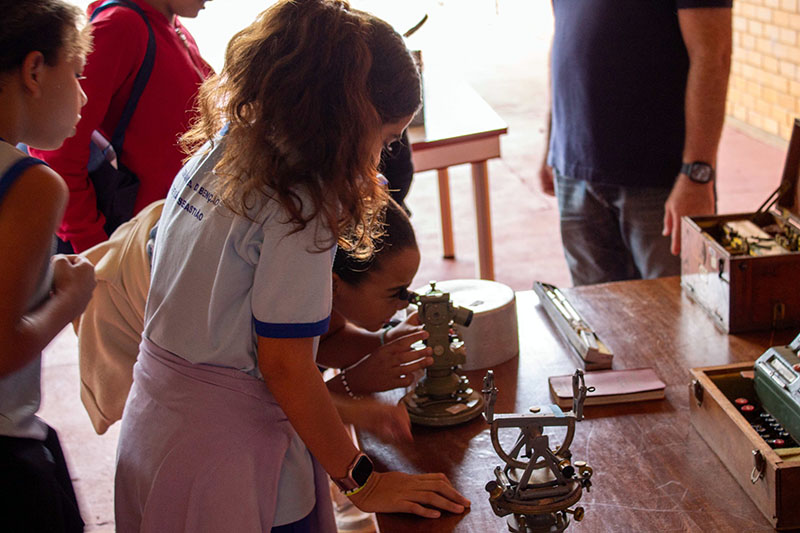Technical workshop
IBGE carries out workshop for 180 public managers, educators and students in Diadema (SP)
February 26, 2024 05h24 PM | Last Updated: February 27, 2024 03h06 PM
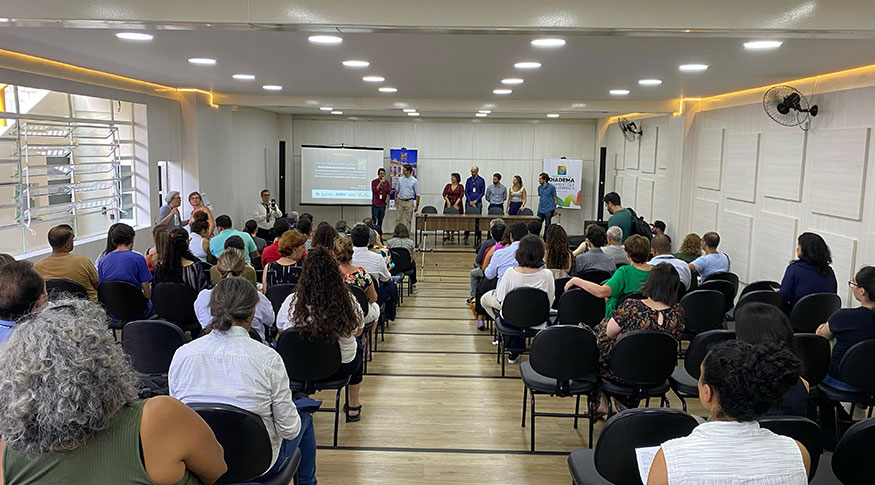
Last Friday (23) afternoon, the IBGE carried out the technical workshop “A territory of information: potentialities of the 2022 Census data.” The workshop took 4 hours and was presented at the Lisete Arelaro Training Center, located in Diadema (SP) downtown. The training was initially aimed at 100 participants, but the high demand took the IBGE SP team to accept new enrollments, which allowed 180 people at the venue. Besides that, the workshop was broadcast on-line (via Webex). Higher education students, educators, public officers and third-sector agents were among the participants.
In the opening session, Daniel Castro, Coordinator of the Center for Information Documentation and Dissemination (CDDI) thanked the presence of the participants and highlighted the importance of the workshop, aimed at helping civil society and public agents to look for relevant data and information that the IBGE makes available through its digital tools. Castro also thanked the IBGE officers of the São Paulo Superintendence who worked in the organization of the workshop.
Gustavo Junger and Giulia Fortes, from the Technical Coordination of the Population Census, carried out the first workshop, presenting the following subjects: what is a Census; figures of the operation; themes investigated; news in the 2022 Census. The workshop aimed at clearing doubts about the census survey, as well as at understanding its mechanisms and methodologies.
The second workshop was carried out by Bruno Perez, a technician from the IBGE´s Management of Social Indicators, on the subject: “Data potentialities for local managers.” Perez talked about the use of the data provided by the IBGE, contributing to the development of public policies and to the knowledge of the Brazilian social and economic reality.
Called “Tools and ways to access data”, the third workshop was carried out by the Directorate of Surveys (DPE) and the Directorate of Geosciences (DGC). The workshop aimed at explaining the participants how to use the digital tools Overview of the 2022 Census and Interactive Geographic Platform (PGI), which allow users to look for specific themes of the Census, as well as to produce maps with statistical and informational layers.
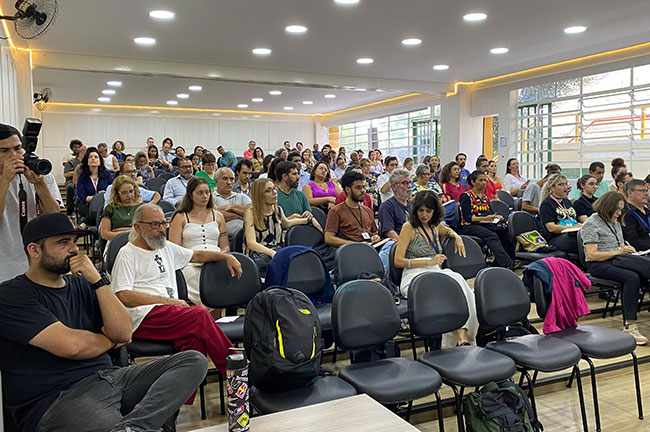
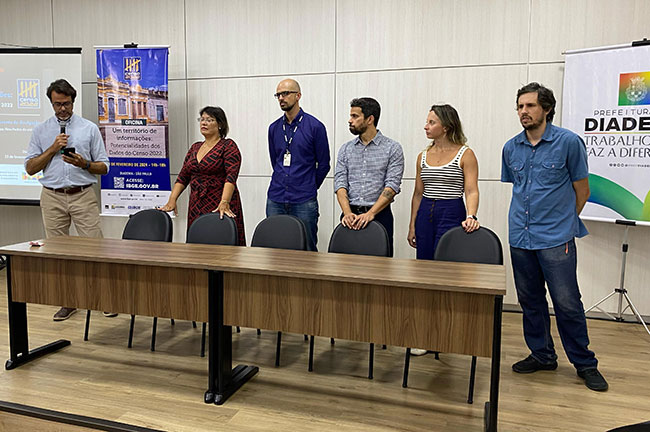
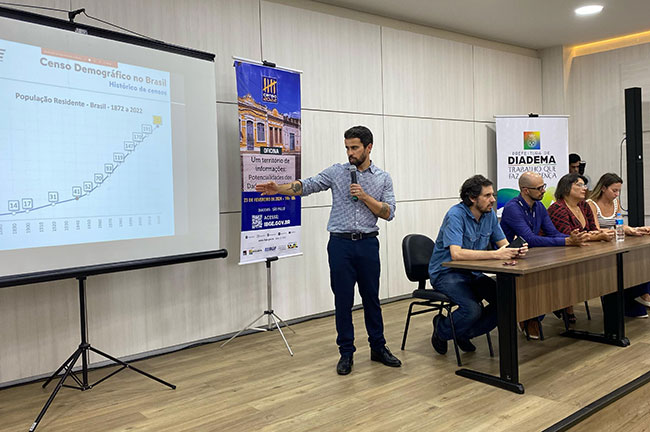
In addition, Luciana Oliveira, from the Coordination of Geomatics (CGMAT/DGC), also presented the Environmental Information Database (BDIA), a platform in which users can view data related to the following aspects of the Brazilian territory: Geology, Geomorphology, Pedology and Vegetation. In the third workshop, Bruno Perez explained how to use Sidra (IBGE System of Automatic Recovery), a database with statistical tables aimed at storing and making available data of surveys carried out by the IBGE.
The last workshop was carried out by Gustavo Junger on “Themes already released and perspectives for the next releases.” Junger talked about the themes already released by the IBGE and which data will be released along the year of 2024.
For Tabitas Villas-Boas, a student of Social Sciences, the workshop was very useful to know the IBGE´s search platforms and how to get the data available. “Now I am expecting the release of the microdata in order to get information on religion and other relevant themes.”
For Ivone Lopes Batista, IBGE´s Director of Geosciences, the workshop aimed at getting public managers and civil society closer to the IBGE´s data platforms, streamlining the access to the Brazilian socioeconomic and environmental information. “By means of its portal and different platforms that access and extract data, the IBGE provides a valuable information base for the public and private planning and decision taking. The easy construction of tables and graphs, the spatial viewing of the population and its characteristics and the recognition of the environmental diversity of the territory are key tools for the development and monitoring of public policies and for the recognition of the Brazilian reality.


